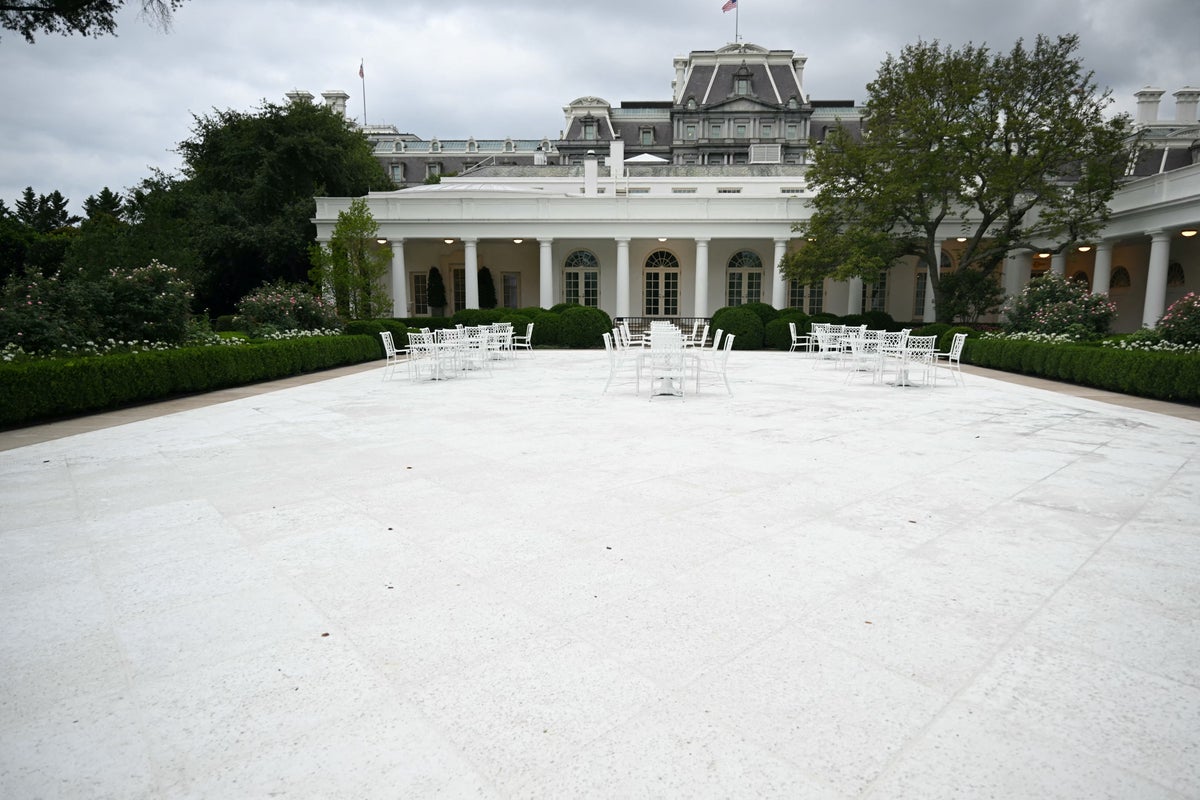
How do Palestinians see their future in Gaza and how do they view calls for voluntary migration or displacement from the Strip?
In a move that sparked widespread controversy at the time, the Israeli government announced months ago that it had approved a plan to establish a special department to organise what it described as "safe, voluntary migration" of Gaza residents to foreign countries.
This was done in the context of the more than 20-month war in Gaza following Hamas's attack on southern Israel that killed around 1,200 Israelis and captured 251 hostages.
The decision was based on a proposal submitted by Israeli Defence Minister Israel Katz, which was then approved by the Israeli cabinet.
According to a statement issued by his office, the new department will be tasked with coordinating transfers in cooperation with international organisations and stakeholders.
Its tasks will include supervising the organisation of departures from the Gaza Strip crossings, conducting the necessary security checks and developing an infrastructure that allows land, sea and air travel to third countries.
The plan's announcement coincided with an increasingly worsening internal displacement crisis in Gaza due to the ongoing war.
Human rights groups and humanitarian organisations have warned of the political and social repercussions of these policies. They say they are seen as a prelude to a forced displacement scheme under the guise of being "voluntary."
An old policy renewed: From Dayan to Netanyahu
The intention to depopulate Gaza was not new or linked only to the recent war. In fact, it goes back decades.
On 12 June 1967, after the capture of Gaza, then Israeli Security Minister Moshe Dayan described the strip as a "complex problem", signalling Israel's negative perception of the region.
During the signing of the Oslo Accords in the 1990s, the late Prime Minister Yitzhak Rabin expressed his wish to "go to the sea or drown in it," expressing his wish to completely separate the Gaza Strip from Israel.
In the recent war, diplomatic leaks revealed that Israeli Prime Minister Benjamin Netanyahu proposed, during a meeting with former US Secretary of State Anthony Blinken on 12 October 2023, the establishment of a humanitarian corridor to "transfer Gaza residents to Egypt."
This proposal was met with initial reservations by the US. It was followed by a more strident statement from Strategic Affairs Minister Ron Dermer, who said: "There will be no humanitarian crisis in Gaza if there are no civilians."
Initial displacement and increasing talk of migration as the war intensifies
After the war in Gaza broke out following Hamas' October 7 attack, more than 120,000 Palestinians - mostly dual nationals - were able to leave the Strip through the Rafah land crossing toward Egypt and other countries.
It is estimated that the number of dual nationals in Gaza is around 300,000. This reflects a sizeable base in the population which theoretically has the option to leave.
As Israel's military operations intensified, the scope of destruction expanded and famine reached catastrophic levels. There was increasing talk among Gazans about migration as a way to escape the war.
On the other hand, voices have emerged which categorically reject the idea and insist on staying in the Strip despite heavy deaths and deteriorating humanitarian conditions. This reflects a deep social division over the future of Gaza and its residents under the ongoing war.
Palestinians refuse to migrate despite the bombardment: 'It's easier to die here than to leave'
In a simple tent in Deir al-Balah in the central Gaza Strip, Mohsen al-Ghazi, 34, displaced from the Juhr al-Dik area, sits and recounts his story. It's similar to that of thousands of Palestinians whose lives have been destroyed under Israeli bombardment.
Al-Ghazi lost his home, his eldest son was killed and his parents died under the rubble of the house, yet he insists on staying in Gaza and categorically rejects the idea of emigration.
"I will not leave this land," he says. "It is easier to die here than to give the occupation an opportunity to fulfil its lies."
He emphasises that his position does not stem from emotion, but from religious, patriotic and moral conviction. He even rejects the idea of a mass exodus, which some are hinting at.**
"Even if the occupation sends ships to transport us, I will not leave."
Al-Ghazi expressed his regret for some young people who are considering emigration under the weight of suffering, stressing that "individual salvation means abandoning our responsibility to defend this land."
"How can we repeat the mistake of the Nakba and voluntarily leave our homes?"
In Nuseirat camp, Sami al-Dali, 45, echoes the same attitude despite losing half of his home to shelling. "Displacement is a failed Israeli project, and I will not be a stone in its wall."
He believes that the suffering of the residents does not justify abandonment, but he does not condemn those who decide to leave, adding: "To each his own, and those who leave may return or serve the cause from abroad."
Al-Ghazi and al-Dali agree that the displacement projects that the Israeli government has tried to impose have failed in the face of the Palestinians' attachment to their land.
"Tell the world that we are a people who choose to die on our land and not sell it," al-Ghazi said, while al-Dali emphasised that "every stone here testifies that Palestine is not for sale."
Displaced people in Gaza: 'We can't take it anymore'
In light of the ongoing war and deteriorating humanitarian conditions in the Gaza Strip, Bilal Hassanin believes that the option of emigration has become an "urgent necessity" despite its difficulty.
Hassanin, who lost his family home and has been displaced several times, is now on crutches after being injured near Netzarim. He says: "I lost everything. I can no longer complete my university studies, no food, no water, no electricity."
"The Gaza Strip has been destroyed, and the chances of building a future here are diminishing day by day."
Hassanin adds that his dream is to find a safe environment outside Gaza that will enable him to regain his life and fulfil his dreams, at a time when life in the Strip has become almost impossible.
The same vision is shared by Zakaria Farajallah, who has been injured three times, causing issues with foot tendons, brain and digestive disorders.
"Through my medical file, I am trying to get an opportunity for treatment abroad, and I will take advantage of this exit to seek asylum, because the Gaza Strip has become a terrifying and unliveable place."
Farajallah's wife, Hanin Akl, also emphasises that staying is next to impossible, especially as she is pregnant and caring for two other children. She says: "We lost our home and have been travelling from one displacement camp to another, and my husband's injury has added to our suffering."
"We urgently need to travel for a safe environment for us and our children.
Hanin, who holds a bachelor's degree in laboratory medicine, said that she hopes that leaving Gaza will give her an opportunity to build a more stable future for her family.
Official and international warnings
The Israeli plan for the voluntary migration of Gazans has been met with widespread Palestinian rejection and international warnings.
Hamas described what is being promoted under the name of "voluntary migration" as a forced displacement scheme aimed at "liquidating the Palestinian cause" and emptying Gaza of its inhabitants.
In the same context, the United Nations confirmed that "voluntary migration" has no legitimacy in the context of war, siege and noted that forced displacement is a crime under international law.
Human rights organisations, including Human Rights Watch and UNRWA, have also warned that the Israeli plan threatens to reproduce the Nakba. They called for the right of Palestinians to remain on their land to be respected rather than forcing them to leave under pressure and hunger.

 2 hours ago
5
2 hours ago
5









